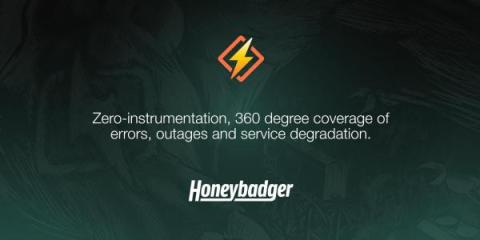Snapshots: Create a Point-in-Time Copy of your High-Performance Volumes
Today, we are excited to announce the availability of Volume Snapshots in public preview! Snapshots are an essential feature to backup your High-Performance Volumes, simplify data management and allow reproducibility. With Snapshots, you can create an immediate point-in-time copy of your Volumes with a simple CLI command or click, enabling: Volumes and Snapshots are available today in our Frankfurt, EU and Washington, US regions!










